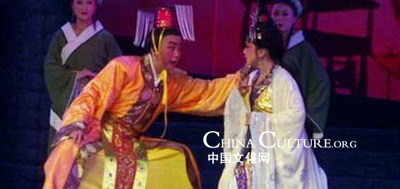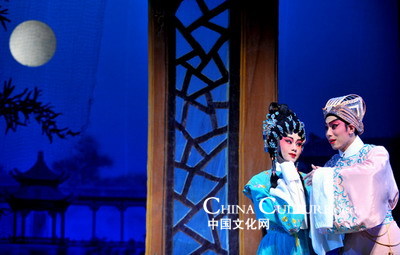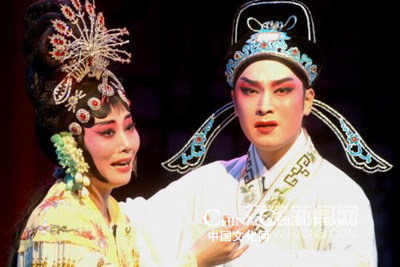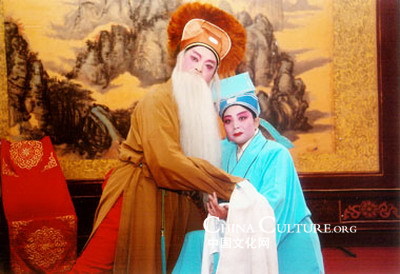|
In 1790, Tan Cui, a member of Hui opera troope, held an office in Yunnan. He invited seven Hui Opera troupes to perform in Yunnan. It turned to be a huge success. The seven troupes stayed and influenced Yunnan opera greatly.

During Emperor Qianlong’s reign, Hui Opera troupes went down to perform in China’s southern Guangzhou city. Later, they tried to sing in local dialect. Thus Cantonese Opera was born.

During Qing Dynasty, many officials found it difficult to understand Fujian Opera, which originated in China’s southern Fujian Province. They invited Hui Opera troupes to Fujian. After the Revolution of 1911 which overthrew the Qing Dynasty, these troupes broke down and most of the actors joined Fujian Opera troupes, improving the local opera gradually.

For quite a long time, Anhui businessmen were in charge of the business in China’s central Hunan Province. They provided much support for Hui Opera troupes, setting up platforms and advocating Hui Opera. Hunan Opera was founded by Hui Opera combined with local high tunes.

To sum up, Hui Opera has played a significant role in the course of the development of Chinese operas, which carried on the past and opened a new way for the future. Nowadays, the lack of funds and talents is severely blocking the development of Hui Opera. We should spare no effort to inherit and protect the intangible Culture Heritage - Hui Opera.
|



